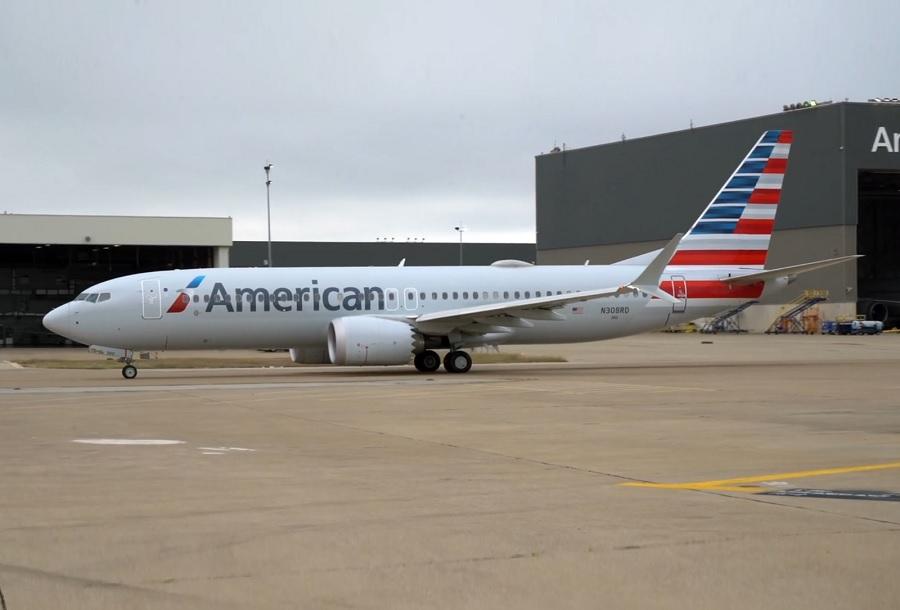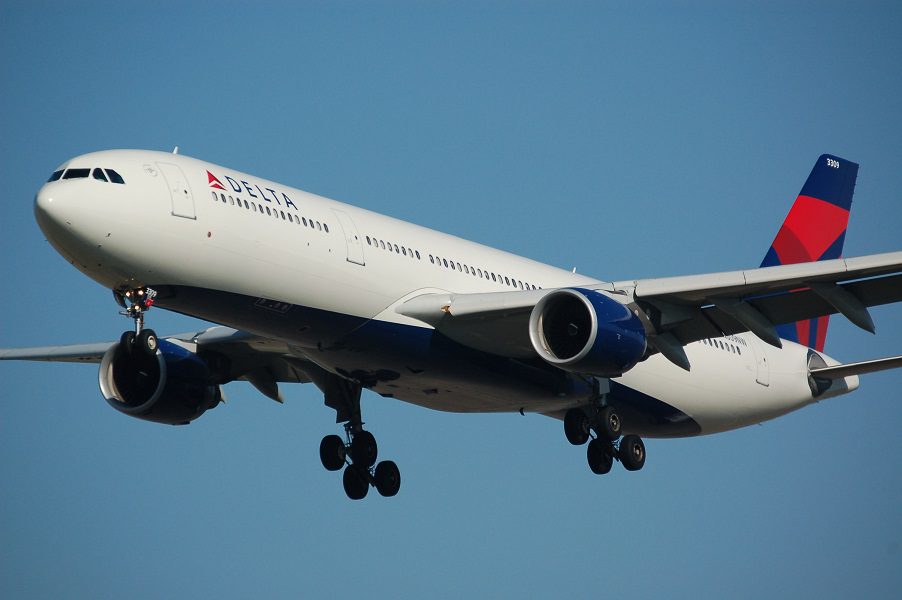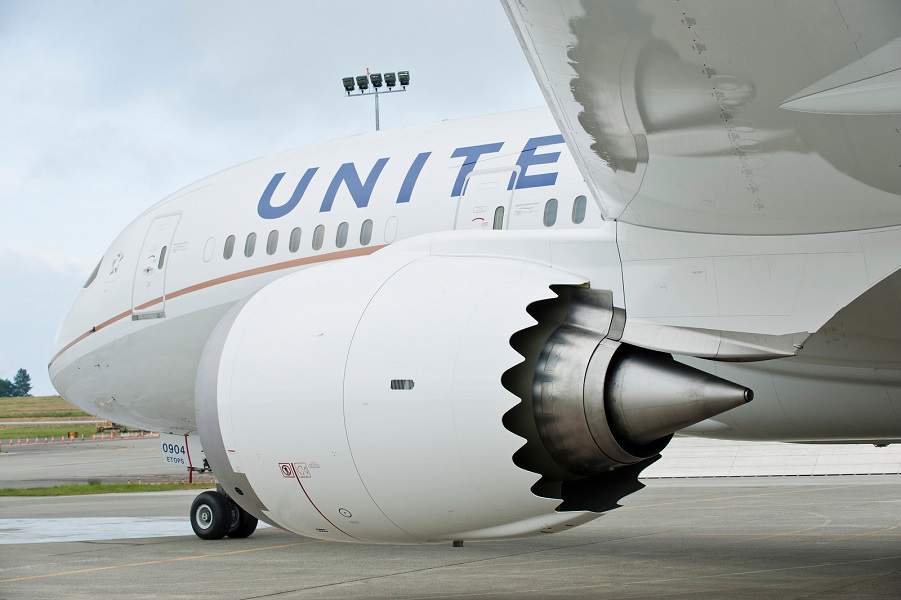After the US government’s previous relief program for airlines ended at the end of September, a new one looks to be imminent. However, airlines are nervous about its duration, as pandemic cases continue to rise.
American lawmakers are working on a rare, bipartisan relief programme for the country’s entire transportation sector. The total value of the program is at $45 billion. Of that, $1 billion will go to rail, $14 billion to public transit systems and $10 to state highways. And $15 billion will go to airlines in the US.

The package is actually even wider, at $900 billion, for relief related to the pandemic. It will also include extra funding and a reorganization for the FAA. This comes in the wake of more information about the certification of Boeing’s 737 MAX. A number of changes in the process will come, not only in FAA’s relationship with Boeing but also with US airlines.
Many airlines in the US had to furlough flight and cabin crews, as well as technicians and other airport staff. This came as the CARES act expired on the 30th of September this year. Delta was a notable exception among US flag carriers. They managed to avoid involuntary furloughs, although this was far from painless. American Airlines and United furloughed over 32,000 workers.

In the terms of the proposed package, US airlines will have to reinstate the staff they previously furloughed. They will pay them full salaries from the first of December until the end of March next year. The airlines are already responding in positive terms. However, they warn that the return process for so many people will take time to organize.
Obligations of US Airlines – And Expectations
The new package also requires US airlines to resume many routes that the expired $25 billion CARES act called for. It also includes $1.75 billion for airports plus $1 billion for airport contractors and $200 million for airport concessionaires.

US carrier CEOs and union representatives have welcomed the news with relief. However some, including United Airlines, are urging caution. They point out that numbers for air travel demand in the US don’t yet show a long-term recovery trend. In a release, United CEO Scott Kirby and President Brett Hart note the following:
“Importantly, though, we don’t expect customer demand to change much between now and the end of the first quarter of 2021. United has been realistic about our outlook throughout the crisis, and we’ve tried to give you an honest assessment every step of the way. The truth is, we just don’t see anything in the data that shows a huge difference in bookings over the next few months. That is why we expect the recall will be temporary.”
The two executives go on to emphasize the impact the introduction of the vaccines had in the country. Airlines in the US and elsewhere hope that vaccines will begin the recovery process in earnest. However, Kirby and Hart point out that it will still take many months for most of the population to get the vaccine.
Let’s hope that vaccines will accelerate recovery faster than US airlines and others estimate.



